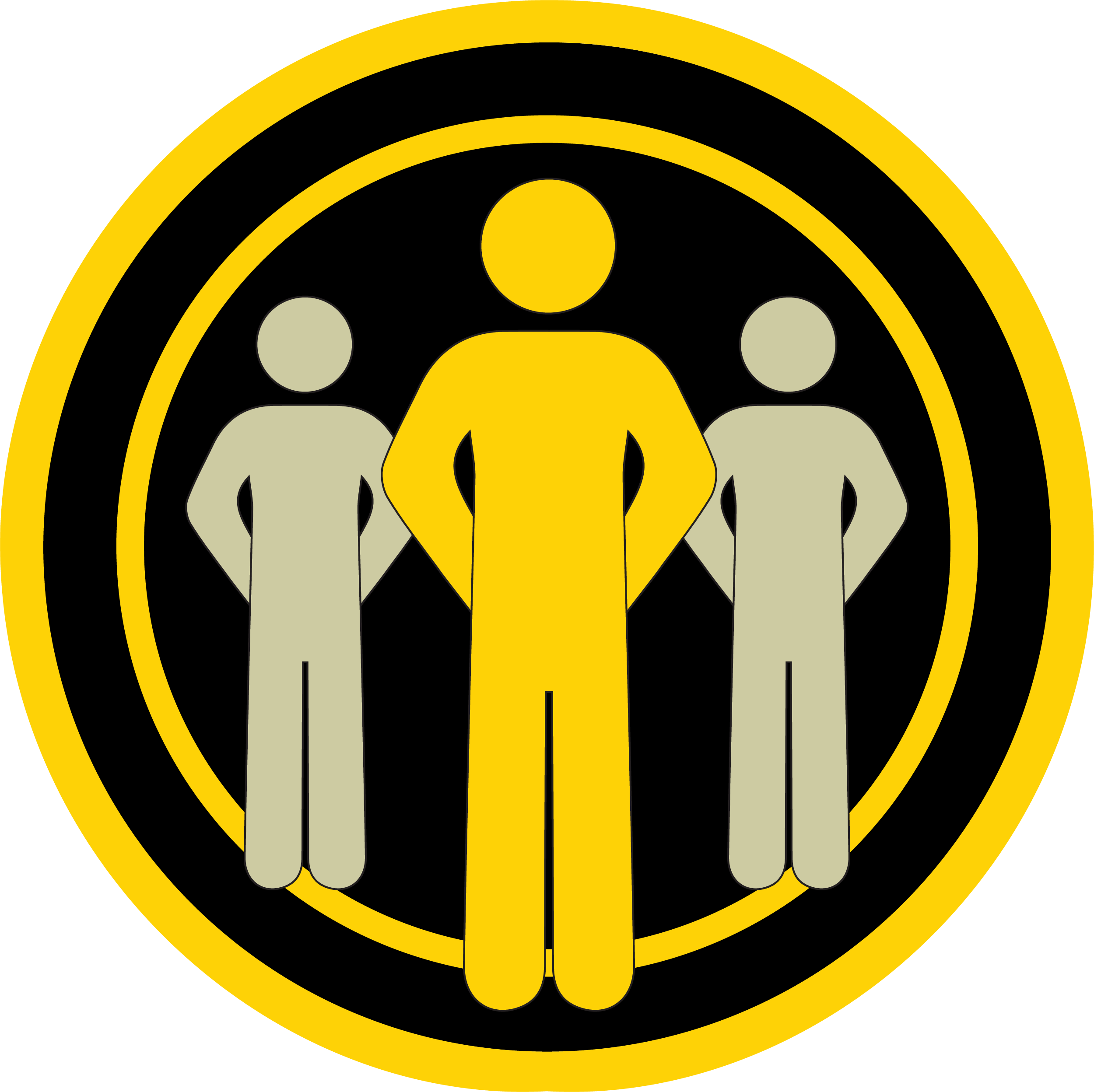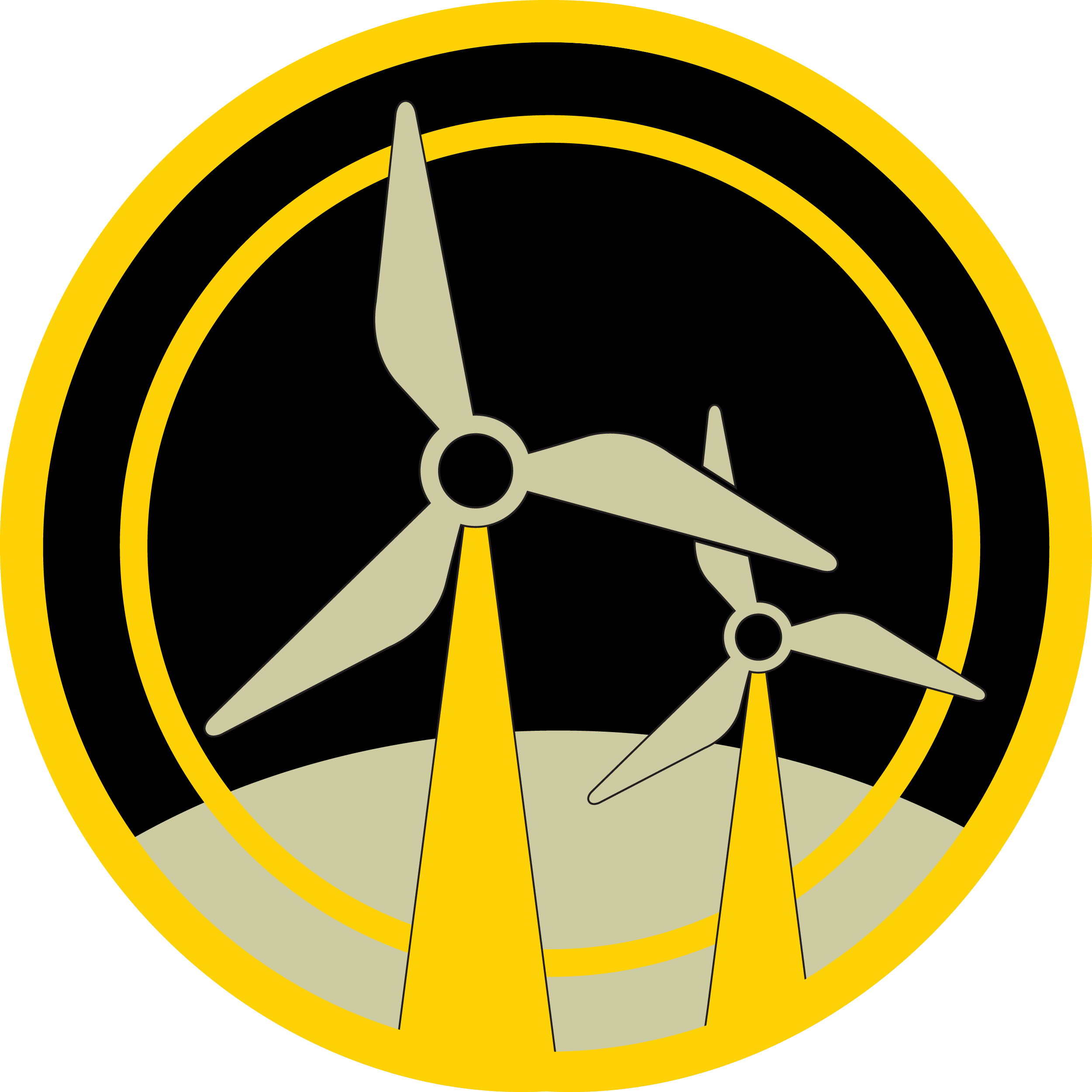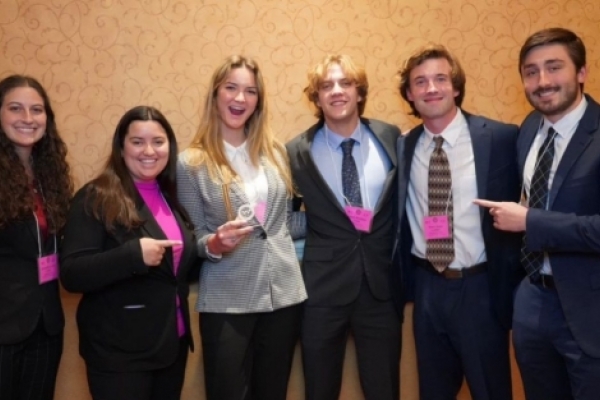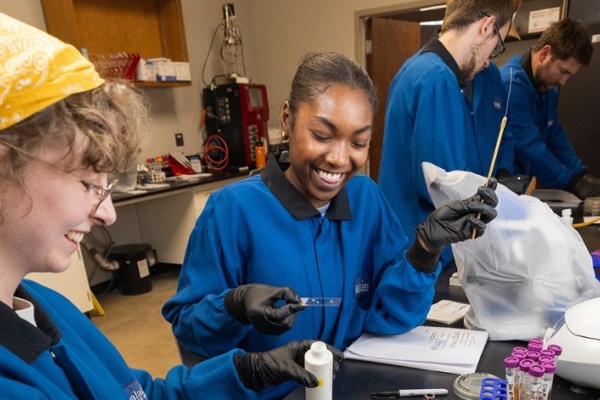Shaping leaders who harness business to solve today’s toughest challenges.
Program Overview
A Management degree prepares future leaders through a curriculum and set of experiences that enables both flexibility and focus. Students master skills in problem solving, critical thinking, decision making, communication, and leadership that are broadly applicable to all fields. Concentrations and focus areas enable students to explore specific career paths with great opportunity. Our faculty have studied at many of the top universities in the world, have led global enterprises, and are successful entrepreneurs. Please explore the videos and links below to learn more about our department and programs.
Management Concentrations
Management (BSBA) - Innovation and Entrepreneurship
The Innovation and Entrepreneurship concentration will give you the practical skills needed to help organizations continually improve and to turn your creative aspirations into reality.
Management (BSBA) - Human Resources
The Human Resources concentration will help you gain the skills and experience needed to help organizations attract, keep, and develop top talent.
Management (BSBA) - Sustainable Business
The Sustainable Business concentration will help you learn how to design and promote environmentally and fiscally conscious business practices.
Management (BSBA) - General Management
The General Business concentration allows you to carve out your own pathway through a mix of interesting and relevant courses and applied experiences.
Core Courses

MGT 3000: Business Futures
Learn how business can solve the biggest challenges of our time and explore the most innovative companies in the world. Study the placement and role of ethics, sustainability, and inclusion within organizations. Sharpen your critical thinking skills.
Learning outcomes
- Gain awareness of the role that business can play in addressing societal challenges.
- Identify the responsibilities of organizations, employees, and industries to diverse stakeholders.
- Recognize one’s personal and professional values and how such beliefs might shape decisions throughout their career.
- Evaluate organizational values, both in words and actions.
- Clarify the placement and role of ethics, sustainability and inclusion within organizations.

MGT 3800: Systems Thinking and Global Awareness
Learn the systems thinking framework to understand complexity by looking at it in terms of wholes and relationships rather than by reducing it into its parts. Explore management as practiced in different nations and cultures. Enhance your problem framing skills and intercultural fluency.
Learning outcomes
- Understand systems thinking and its role in problem solving.
- Identify and assess relevant drivers of multinational management.
- Explain the impact of different political, legal, economic, and technological forces on multinational organizations.
- Describe characteristics of a multinational companies.
- Articulate elements of multinational strategic management.
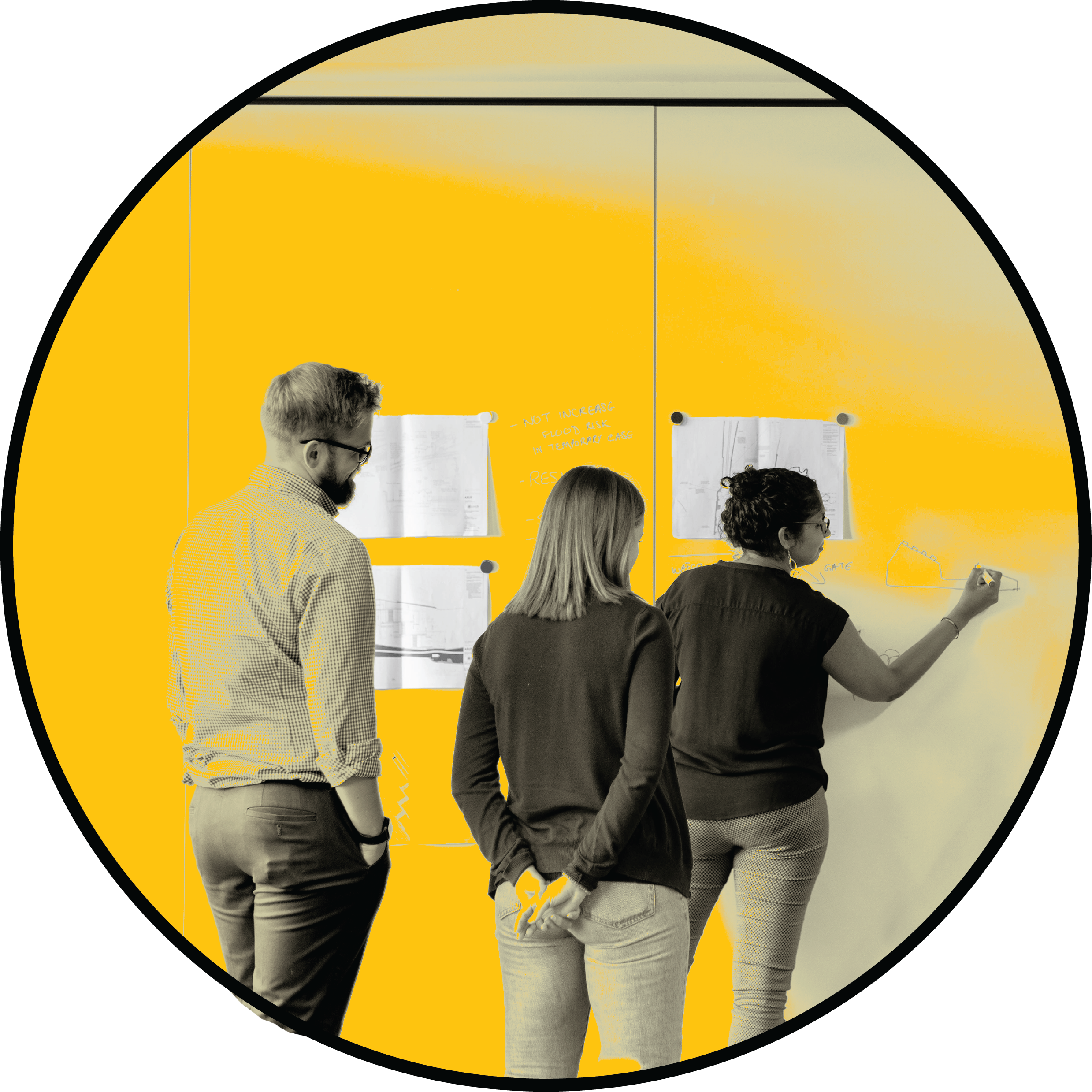
ENT 3060: Design Thinking and Entrepreneurial Mindset
Learn the design thinking process and how it can be applied to any organizational setting (e.g., start-up, corporate venturing, social venturing, public sector) and project (e.g. product, service, experience, business model) to make a valuable impact. Build an entrepreneurial mindset and see how it drives innovation. Deepen your creative problem-solving skills.
Learning outcomes
- Learn the Design Thinking process and apply it to drive innovation.
- Understand the entrepreneurial mindset, how it can be developed, and how it can impact your personal and professional life.
- Enhance your creative confidence and learn how to act entrepreneurially using the skills, mindset, and attitudes developed in class.
- Recognize and evaluate opportunities that can lead to creative business solutions.
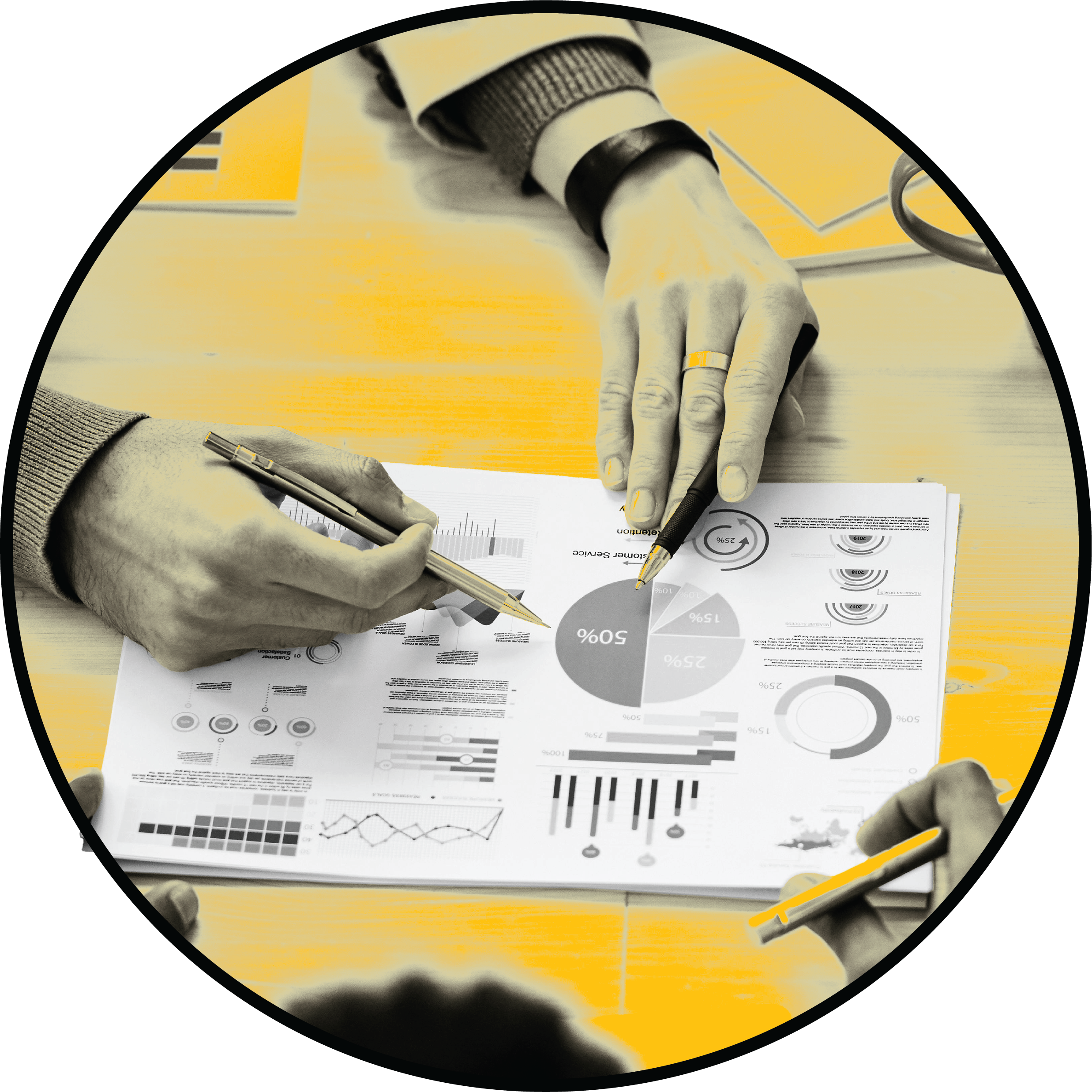
MGT 3700: Discovery and Storytelling
Learn how to make decisions based on the best available evidence. Apply decision practices that reduce bias and judgment errors and give due consideration to ethical and practical concerns. Experience hands-on guidance in developing the skills and knowledge needed to discover, obtain, apply, and communicate quality evidence from science and practice. Improve your decision making and communication skills.
Learning outcomes
- Understand principles of Evidence-Based Management (EBM).
- Learn to frame and clarify problems and ask critical questions.
- Describe best practice for acquiring and appraising evidence from practitioners, the scientific literature, and organizations.
- Apply evidence and EBM principles to support managerial decision-making.
- Communicate evidence/data to other stakeholders to drive innovation.
- Build organizational capacity and culture for EBM.
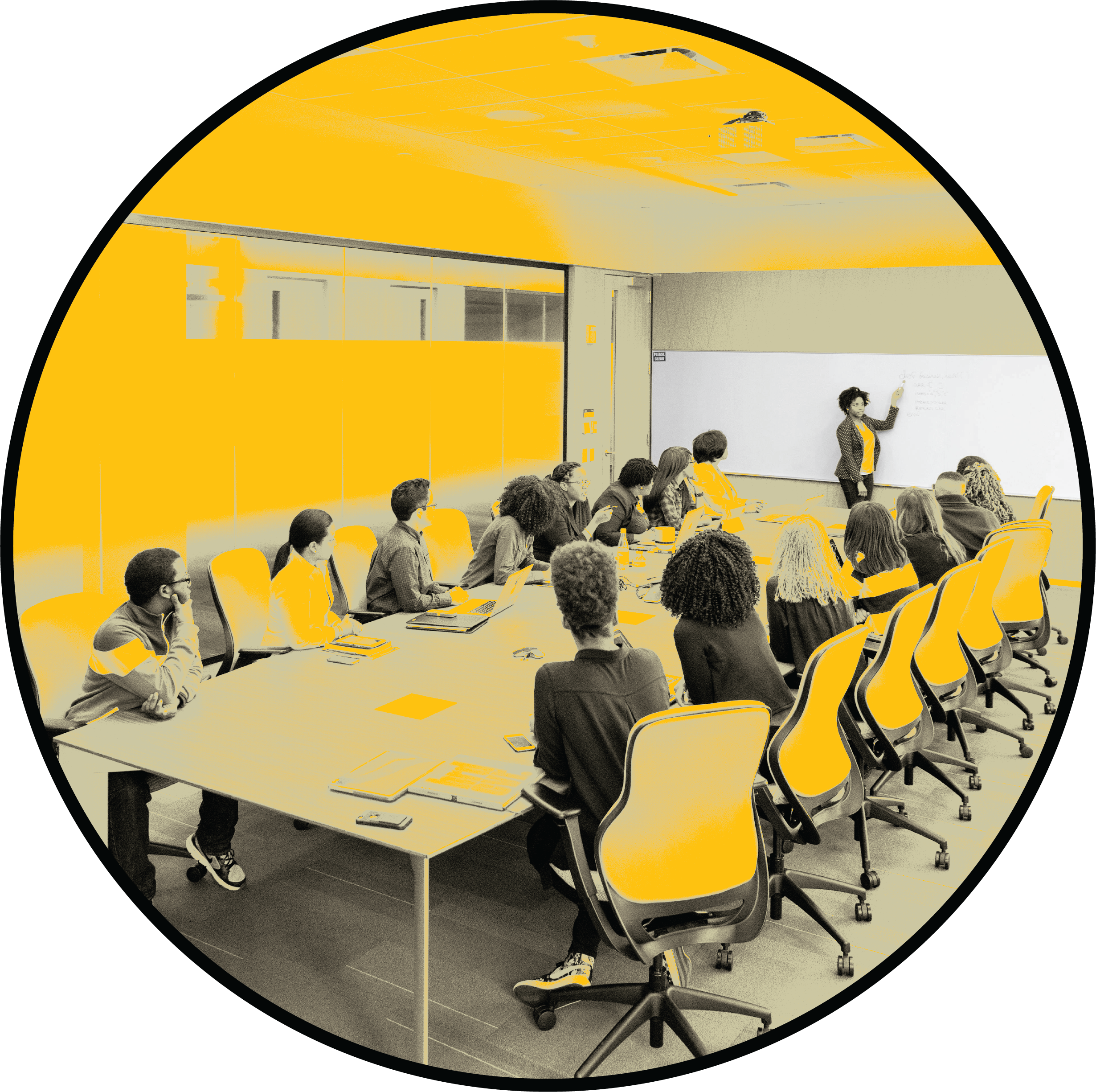
MGT 4700: Leadership: Perspectives and Skills
Develop skills, knowledge and perspectives for three levels of leadership - the individual, interpersonal/team and organizational levels. The major emphasis is on skill development and preparation for a variety of roles where initiative and leading will be important for individual and organizational effectiveness. Cultivate your leadership and teaming skills.
Learning outcomes
- Understand the leadership mindset and leadership development as a lifelong endeavor.
- Develop perspectives on personal, team and organizational leadership.
- Increase self-awareness of skills, strengths and personal leadership capacity.
- Develop skills for contributing to and building high performance work teams and leading in a team environment.
- Understand the fundamental building blocks for creating a vision and leading organizational change efforts.
Related Programs
Hospitality and Tourism Management (BSBA)
Our Hospitality and Tourism Management (BSBA) degree prepares students for management and marketing careers in commercial food service facilities, hotel and lodging properties, attractions, conference and resort centers, convention services, meeting and event planning, destination marketing and country club management.
Industrial-Organizational Psychology and Human Resource Management: Master of Arts (MA)
The Master of Arts in Industrial-Organizational Psychology and Human Resource Management (IOHRM) program at App State prepares students for available roles in I-O psychology and HR-related fields. An internship is required, giving you a valuable opportunity to experience the workplace while still developing your skills.





